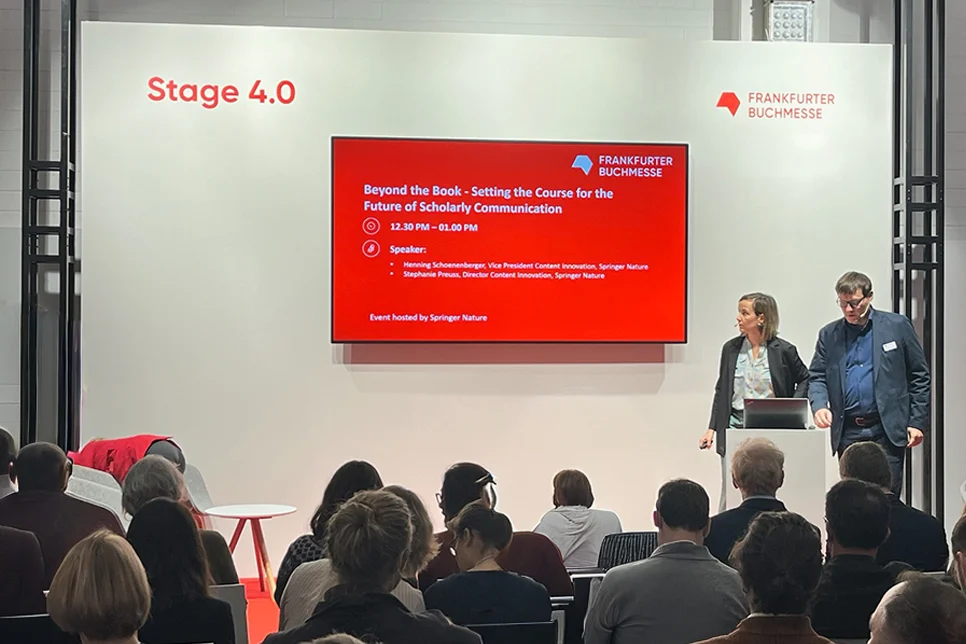KGL Accucoms speaks with Anouk Snijders, Commercial Manager for LATAM, about what it really takes to succeed in this vibrant, relationship-driven region.
In this edition of ORIGINal Thoughts, Justin Byrne discusses how an open access (OA) journal publishing program can help a society meet growing needs for global access and funder compliance.
We discussed what attendees can expect from this year’s Buchmesse, the trending topics being covered on the stage and her own personal highlights of the 2025 programme.
In this edition of ORIGINal Thoughts, Adam Etkin shares 10 insightful questions—along with sample responses—crafted to spark meaningful and strategic dialogue between publishers and editorial offices or societies.
In this edition of ORIGINal Thoughts, Adam Etkin shares 10 insightful questions—along with sample responses—crafted to spark meaningful and strategic dialogue between publishers and editorial offices or societies.
Discover why now is the time to audit your Editorial Management System (EMS). Learn how optimizing your EMS can improve efficiency, reduce costs, and enhance the peer review experience. Download the whitepaper for expert insights.
Cara Rivera highlights key themes influencing the U.S. research landscape and the global scholarly publishing industry, along with five expected impacts on scholarly publishers.
We sat down with Tim Walsh recently to discuss detecting image manipulation, how AI can be both a blessing and a curse, and the implications for authors and publishers of ensuring image integrity
In this post from ORIGINal Thoughts, Andrea Rahkola discusses her role as an early career scholarly publishing professional and the key behaviors that supported her journey.










